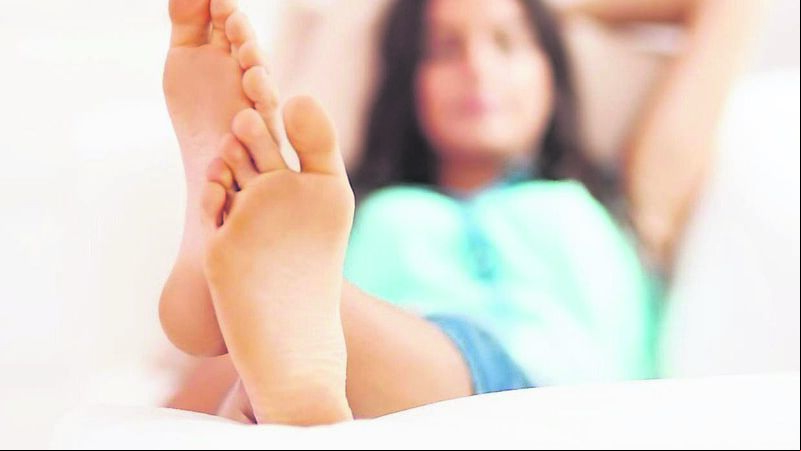Colette Sheridan: Spying on home workers is not a good look for controlling bosses

CAUGHT NAPPING: Surveillance on people working from home could sound the death knell for the afternoon map, fears Colette.
It’s not that you’re a procrastinator, putting off the work that actually pays the bills and instead catching up with domestic chores. Rather, your ability to multi-task means that you can go from laptop to Hoover (or even bed for a restorative afternoon snooze) while all the time keeping your eye on the bottom line — in other words, getting your job done.
But suspicious employers could spoil your working day in your home if they are to adopt artificial intelligence (AI) tools that could, for example, be used to track time spent on social media.
The Irish Congress of Trade Unions (ICTU) has raised concerns that remote workers could be forced to accept technology that monitors the amount of mouse clicks they make in a minute.
Remote workers are not necessarily dossers. They just value not having to do a daily commute, trying to find a parking space or a seat on public transport and putting up with office politics and crotchety bosses.
As someone who has been working from home for aeons, I appreciate the ten seconds it takes me to get to my ‘office’ and the freedom of being able to down tools when, for example, the sun shines.
Of course, meeting deadlines takes precedence, but once I’m on top of the workload, I value being able to go out for a walk or listen to the radio (daytime TV is for tracksuit-wearing laggards).
Or I might fancy making home-made soup for lunch. (That would, of course, be on a particularly slow news day.)
The pandemic has proven that it’s perfectly possible to be productive, working from home. Heck, newspapers have been produced by editorial staff working from kitchen tables, tuning into Zoom meetings.
However, none of us would welcome Big Brother in our homes. In a submission to the department of employment on the introduction of the right to request remote working, ICTU has asked the Government to develop clear guidelines on how employers can monitor employees working from home or from hubs.
An employer is already allowed to monitor activities such as the use of the company’s phone and email. But wide-scale monitoring should be resisted by all freedom and privacy-loving individuals.
As ICTU points out, trust is crucial for remote working arrangements to be effective.
And besides, surveillance would sound the death knell for one of the great pleasures enjoyed by people who work from home. I’m talking the afternoon nap. (Oh yeah — no doubt I’ll be agitating for an afternoon snack break as well to facilitate the 4pm sugar dip, you might say).
But there’s nothing quite as luxurious as sliding under the duvet, away from the desk, in the middle of the day, to catch up on sleep. Many of us don’t get enough slumber at night with more and more people complaining about sleeping problems since the pandemic entered our lives.
However, it doesn’t take a pandemic to justify daytime kipping. There are sound health benefits to napping. A study of Greek adults in 2007 found that those who took an occasional siesta had a 12% lower risk of dying from heart disease. Daily nappers had a substantial 37% lower coronary mortality rate.
As University College London’s Professor Vincent Walsh, who researches the human brain, said in the Sunday Times recently, the industrial revolution is the reason for “this mad idea of sleeping at night. What we’ve been doing in our working lives is pretty unnatural for a lot of people.”
In case you think I’m pleading for deep sleep during the working day, fear not. All that’s recommended is a 20-minute nap, which seems about right.
And ideally, it should give you renewed energy and the impetus to get through the rest of the working day with vitality.
After all, workers at Nike and Google HQ have access to a sleep pod.
Which reminds me, it’s time for a snoozzzze...







 App?
App?




